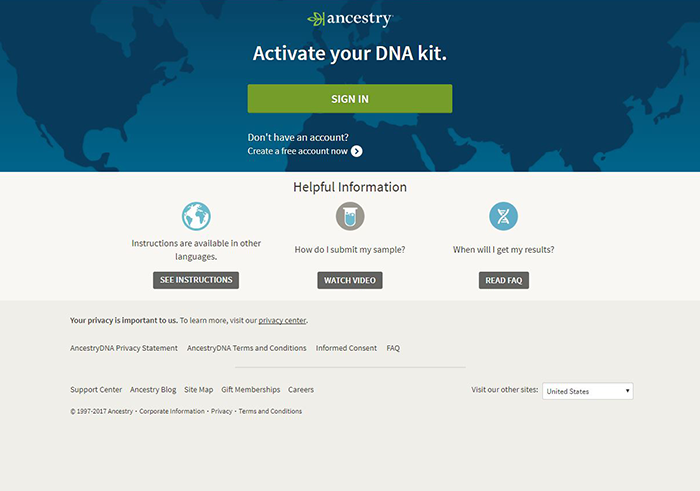By Forum Staff
Popular at-home DNA test kits from websites such as MyHeritage and Ancestry are putting consumer privacy at great risk because testing firms don’t always clearly disclose to consumers exactly what they are doing with your genetic information once it is sent in to their company, Senate Minority Leader Charles Schumer said on Sunday.
New York’s senior senator is calling on the Federal Trade Commission to investigate and ensure that privacy policies on all DNA test kits are clear, transparent, and fair to consumers as these services become more and more popular.
“When it comes to protecting consumers from at-home DNA test kit service, the federal government is behind; putting your most personal genetic information in the hands of third parties for their exclusive use raises a lot of concerns, from the potential for discrimination by employers all the way to health insurance,” Schumer said. “That’s why I am asking the Federal Trade Commission to take a serious look at this relatively new kind of service and ensure that these companies have clear, fair privacy policies and standards for all kinds of at-home DNA test kits. We don’t want to impede research but we also don’t want to empower those looking to make a fast buck or an unfair judgment off your genetic information. We can find the right balance here, and we must.”
Schumer pointed to the fine print on Ancestry’s product as an example of unclear post-test terms. According to the senator, AncestryDNA tells consumers that by submitting their DNA to the firm “…you grant Ancestry and the Ancestry Group Companies a royalty-free, worldwide, sublicensable, transferable license to host, transfer, process, analyze, distribute and communicate your genetic information for the purposes of providing products and services.” Schumer said this kind of language is troubling because it clearly suggests a desire for firms to monetize the DNA data they receive. At the same time, it is so vague that consumers do not have any concrete understanding of to whom and for what purposes their data might be sold or used.

